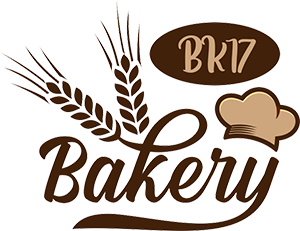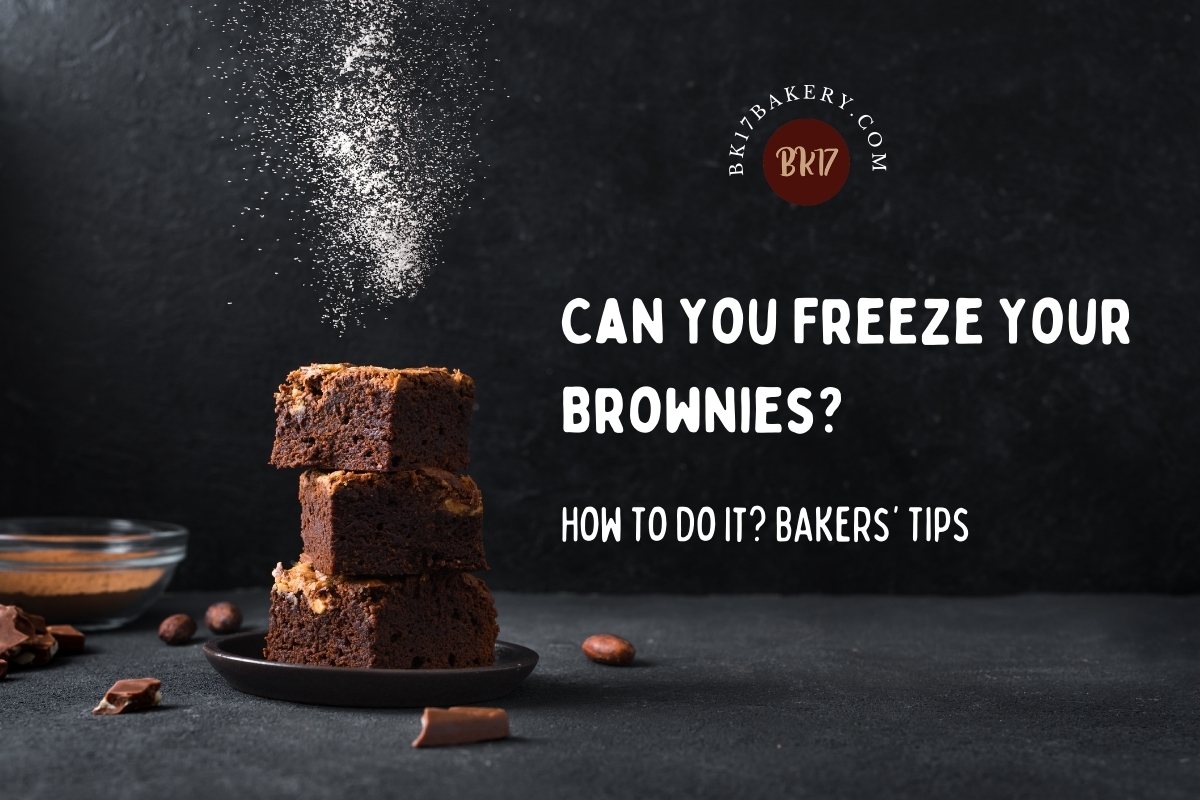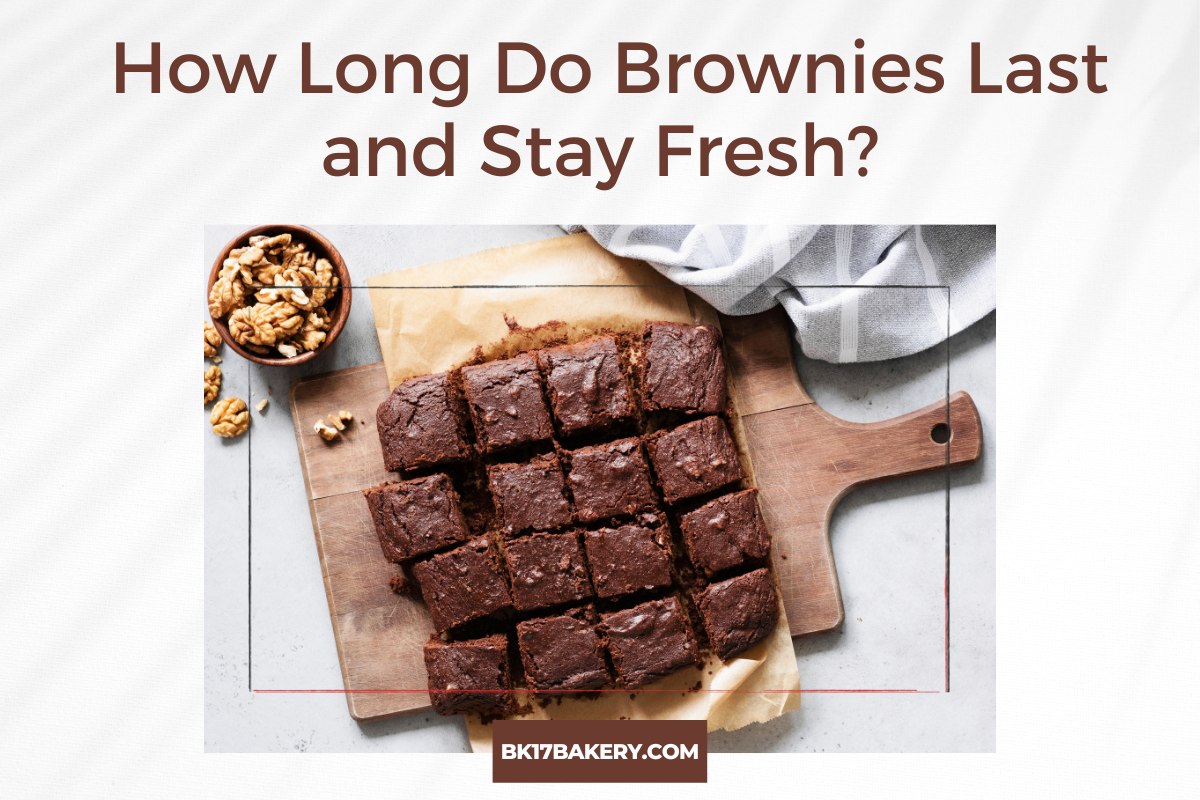Cheesecake, the epitome of creamy richness, blends cheese, eggs, and sugar into that divine dessert we all know and adore.
But baked or unbaked, here’s the deal: they don’t stick around forever! There’s been a lot of back-and-forth about how long they last, so let me clear that up from my own trial and error. Plus, I’ve also got some amazing storage tricks to help you keep that delightful texture intact.
Let’s dive in, cheesecake lovers!
In This Article
How Long Does Cheesecake Last?
If stored in the fridge, store-bought cheesecakes usually hang around for 7 days, while homemade ones can last from 3 to 5 days, depending on what you’ve tossed into that cheesecake recipe. Freeze them, and they can stay fresh for up to 3 months.
That’s unsurprising; cheesecake contains dairy ingredients like eggs and cream cheese, clearly not the formula for a long-lasting treat. If you use highly perishable stuff, the time frame might swing shorter or longer than the usual average.
When you’re in it for the long run, freezing can be your cheesecake-saving hero; trust me, it will keep that frozen cheesecake tasting fresh for longer! And as a rule of thumb, I usually freeze a small slice of cheesecake in advance, before a special occasion, to ensure the rest thaws out just right for my guests.
On the other hand, soft cheeses usually go off quicker than the hard ones. Take a peek at this table, which sums up the life of cheesecake varieties in the fridge once opened:
| Cheese | Type | Shelf life (once opened) |
| Brie | soft | 7 days |
| Cottage cheese | soft | 7 days |
| Blue | soft | 7 days |
| Goat | soft | 7 days |
| Feta | soft | 7 days |
| Ricotta | soft | 7 days |
| Mozzarella | soft | 7 days |
| Cream cheese | soft | 14 days |
| American | hard | 1–2 months |
| Colby | hard | 3–4 weeks |
| Cheddar | hard | 3–4 weeks |
| Parmesan | hard | 3–4 weeks |
| Gouda | hard | 3–4 weeks |
| Swiss | hard | 3–4 weeks |
| Shredded | hard | 3–4 weeks |
How to Tell If Cheesecake Is Bad? Signs of Spoiled Cheesecake Slices
Figuring out if your baked cheesecake has gone off can be like solving a mystery. Each type of cheesecake has its own spoilage story, so let’s play detective using our three trusty clues: smell, taste, and appearance.
- First, the sniff test! Spoiled cheese might smell weird (like bad milk or ammonia) or just plain off. On the other hand, when you first grab the cheesecake, don’t forget to take a good sniff to know its normal smell. Some cheeses just have naturally unpleasant odors, so there’s no need to panic (yet)!
- Visible signs matter, too! A little mold on cheese isn’t always bad, so you need to slice that part off a bit (about ¼ inch off). If what’s underneath looks fine and nothing else seems off, you’re probably in the clear. But if the cake’s gone moldy everywhere or the texture and color changed drastically, it’s time to say goodbye!
- When in doubt, trust your taste buds; they’ll tell you everything you need to know! I usually take a small nibble to see whether it tastes sour or funky. If yes, that poor guy is clearly done for.
How to Store Cheesecake? Three Storage Methods to Keep Your Cheesecake Fresh
Plastic Wrap
Your baked cheesecake is sitting all shiny and lovely on a platter, and you just don’t want to move it at all. What to do? The simple answer: cover it up with a couple of layers of plastic wrap (or aluminum foil if you have some).
But heads up: the plastic wrap or container might mess with your fancy cheese fillings. So, to keep them safe, I stick a few toothpicks around the cheesecake to lift the plastic cover off the top!
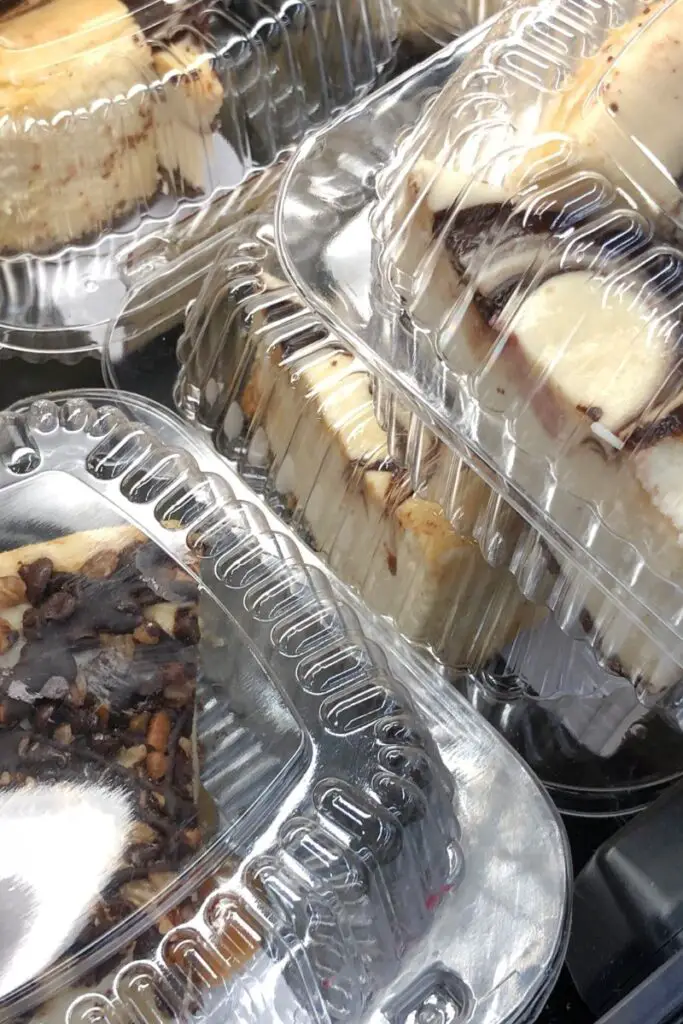
Cake Carrier
Another super cool option is to pop your creamy dessert into a cake carrier.
These carriers come in all shapes and sizes, the perfect sauce for no-brainer storage! Remember to find one that fits your cheesecake (and the platter as well) so that your creamy fillings and toppings won’t get squashed.
Slice and Store
Already dished out some cheesecake and got leftovers? No problem! Slice it up and stash the slices in an airtight container that fits snugly in your refrigerator. Your next cheesecake craving is now just one fridge trip away!
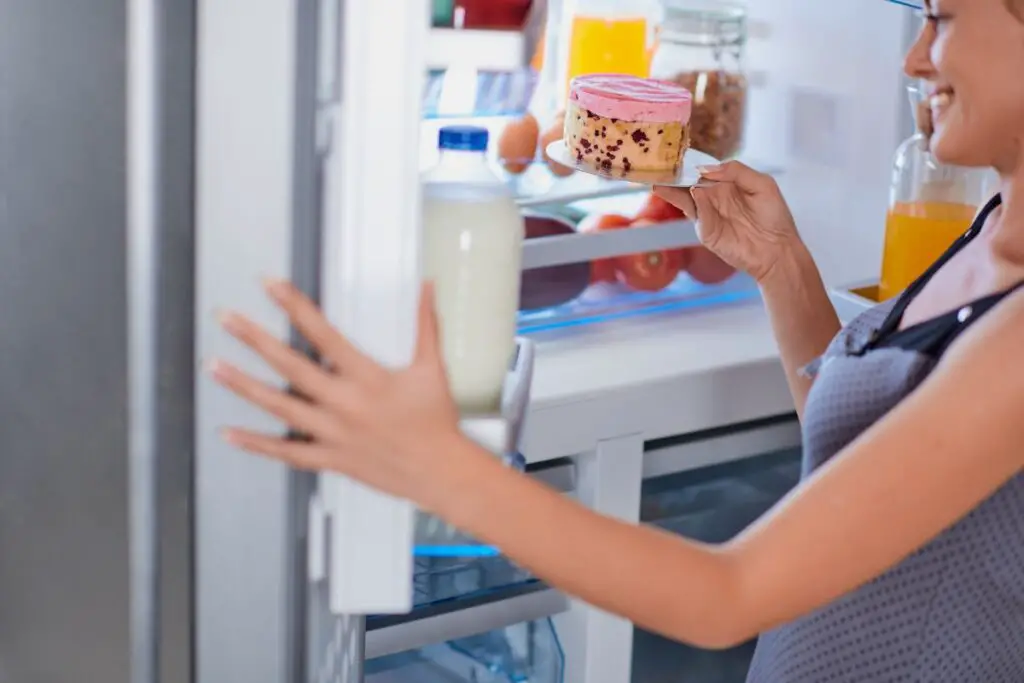
Is It Okay To Eat Slightly Bad Cheese?
For cheeses like Parmesan, Swiss, cheddar, and Colby, here’s great news: molds usually can’t get too deep into their tangy flavors.
So, don’t panic if you spot a moldy patch on one of these delectable desserts! Just trim it away by cutting off about an inch (2.4 cm) below and around the moldy area. Keep your cake knife away from the mold to prevent it from spreading elsewhere on your delicious dessert.
And let me tell you a huge secret: not all molds are the bad guys! Some refrigerated cheesecake desserts, like Camembert and Brie, actually use molds in their making, and they’re safe for most healthy adults. No risk of food poisoning or something like that, trust me!
Still, it would be best to be aware of health risks and harmful bacteria growth. Steer clear of soft cheeses or those made from unpasteurized milk if you:
- Have a weakened immune system
- Are an older adult
- Are pregnant
- Have small kids
Whatever you do, safety first!
Conclusion
Unless you keep them in the freezer, fresh cheesecakes are usually good for an entire week, give or take. Say you’ve lost track of time and can’t remember when that leftover cheesecake became a part of your fridge family; use my cheesecake hacks above to give it a quick test!
While foul smells are usually a big red flag, some varieties of cheesecake are naturally strong-smelling foods. Rely on your other senses and check out their tastes and colors as well.
See more: How To Know When Cheesecake Is Done? 6 Ways To Tell
